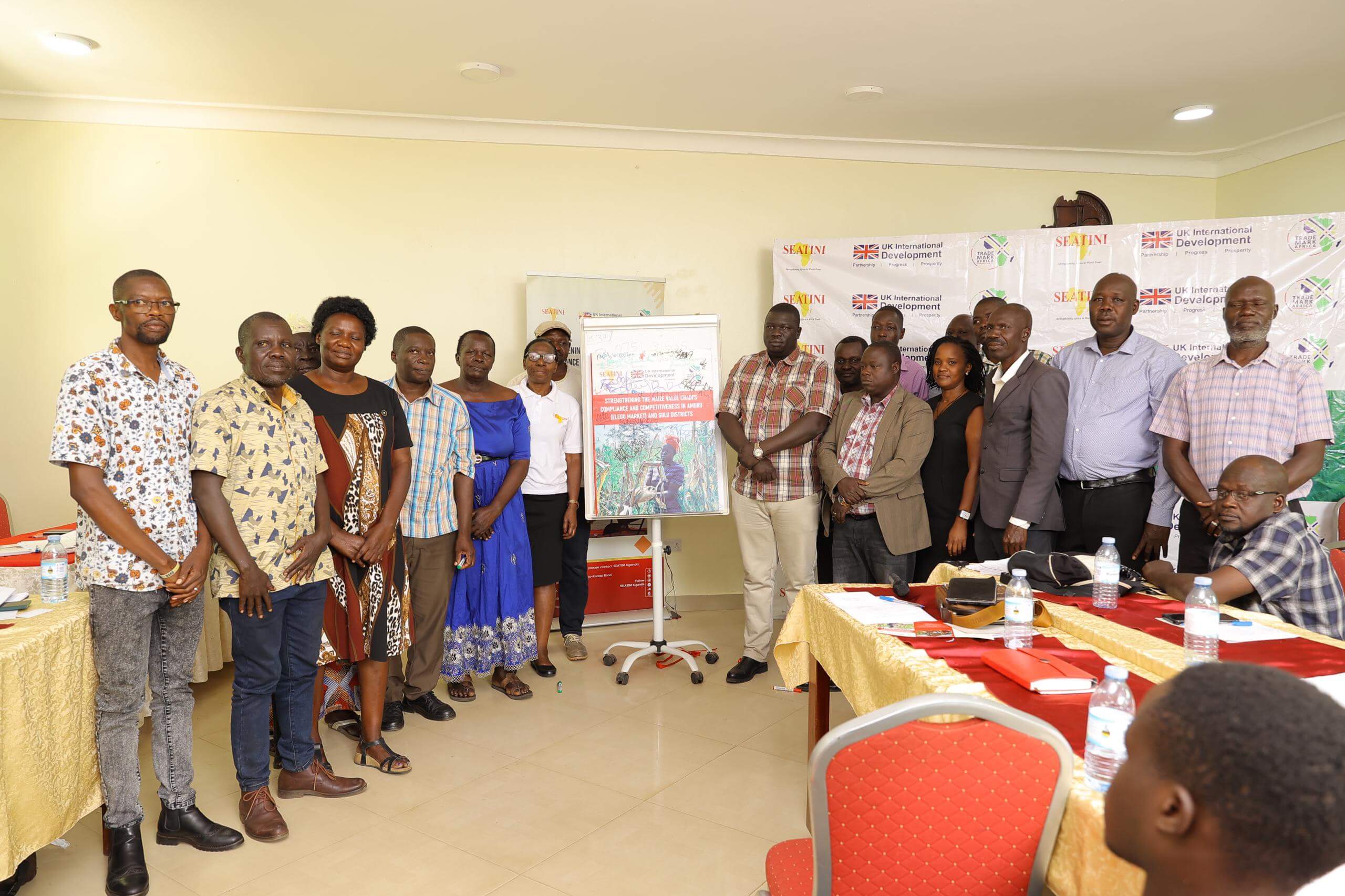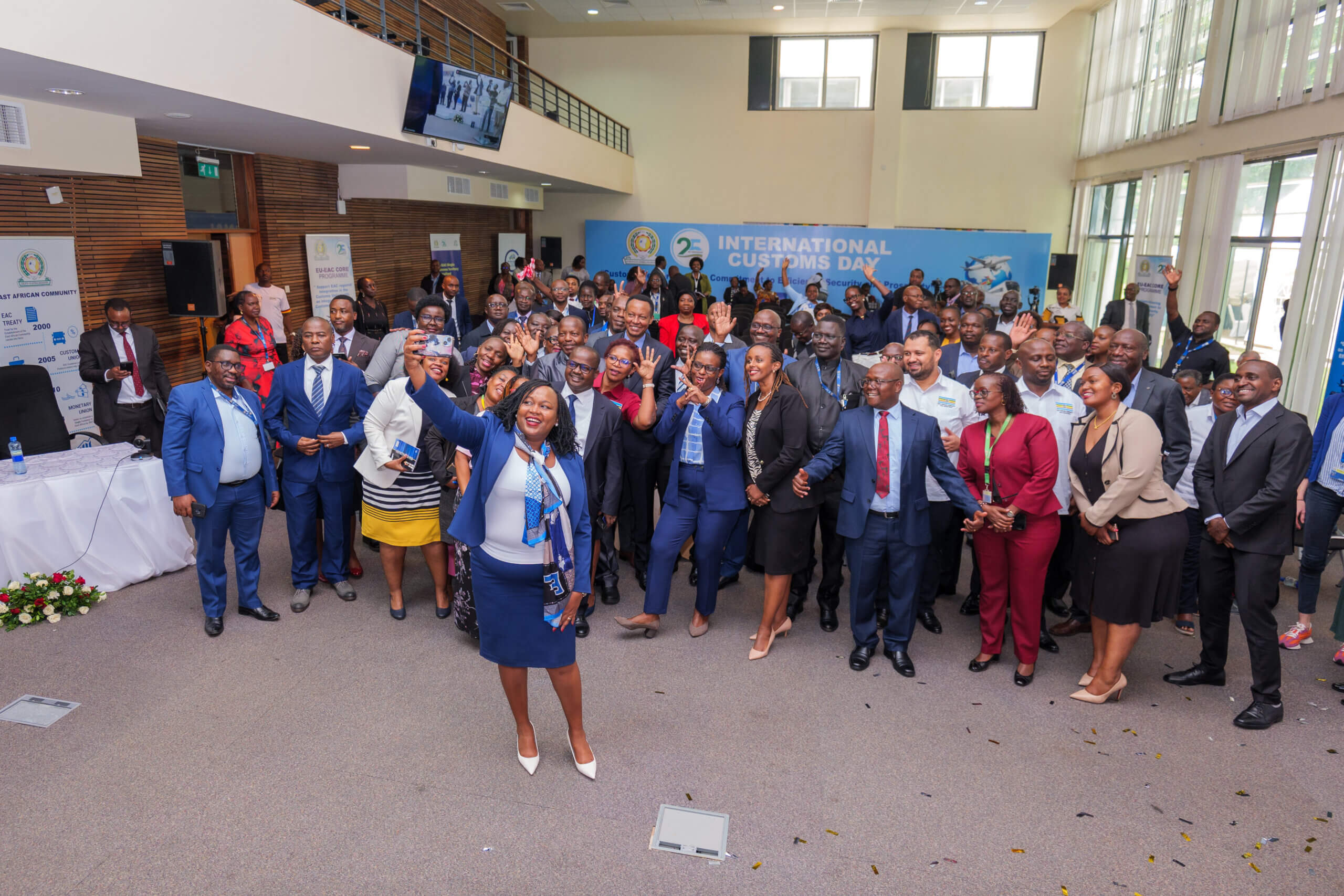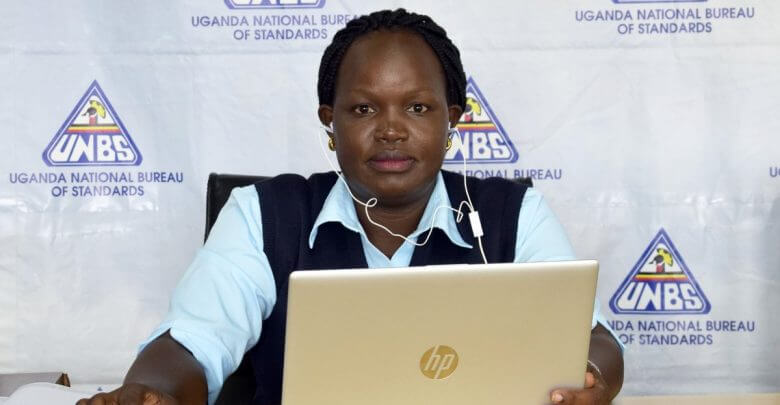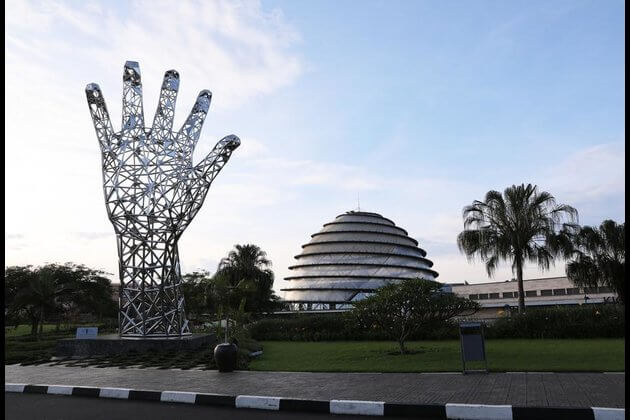Un nouveau projet visant à renforcer la conformité et la compétitivité de la chaîne de valeur du maïs dans les districts de Gulu et d'Amuru, dans le nord de l'Ouganda, a été lancé. Le projet, mis en œuvre en partenariat avec TradeMark Africa et avec le soutien du gouvernement britannique, vise à renforcer les capacités des acteurs de la chaîne de valeur du maïs dans les districts de Gulu et d'Amuru, en mettant l'accent sur l'amélioration du respect des normes relatives au maïs. Ceci, à son tour, vise à améliorer la qualité, la compétitivité du marché et les moyens de subsistance des agriculteurs dans les districts de Gulu et d'Amuru. S'exprimant lors du lancement à l'hôtel Churchill Courts de Gulu, la directrice exécutive de SEATINI, Jane Nalunga, a déclaré que le projet s'inscrivait dans le cadre de leurs efforts continus visant à améliorer le respect des normes pour les principaux produits agricoles et à améliorer la compétitivité de l'Ouganda sur les différents marchés. « Le maïs est une culture importante pour la sécurité alimentaire, mais aussi pour le commerce et l'immense potentiel qu'il peut contribuer à améliorer les moyens de subsistance tout au long de la chaîne de valeur et à accroître les revenus des ménages », a déclaré Mme Nalunga. Mme Nalunga a expliqué que le maïs est une source essentielle de nourriture et de revenus pour des millions de ménages en Ouganda et qu'il est largement cultivé dans tout le pays en raison de son adaptabilité aux différentes...
Un nouveau projet pour renforcer la compétitivité de la chaîne de valeur du maïs à Gulu et Amuru
Posted on: January 30, 2025
Posted on: January 30, 2025























